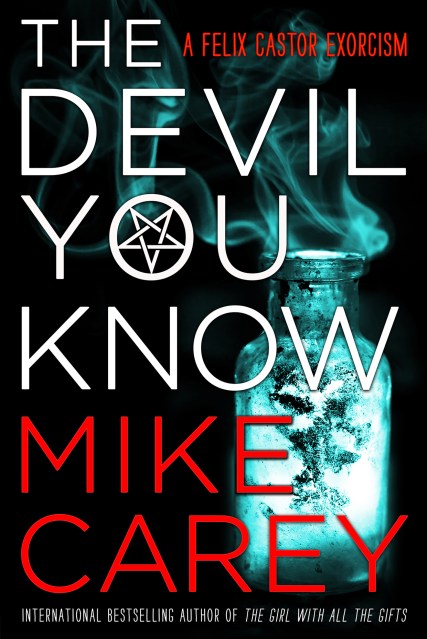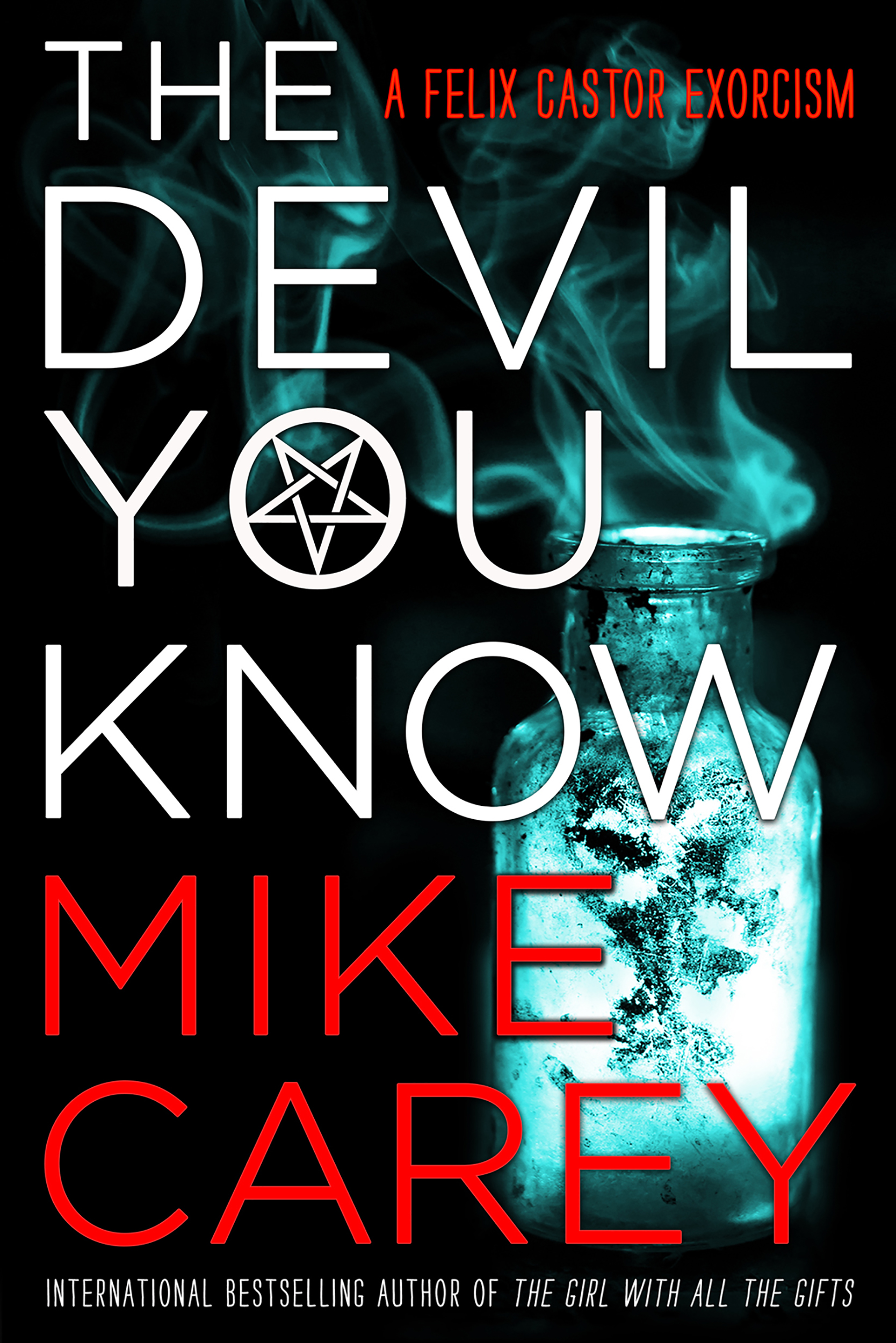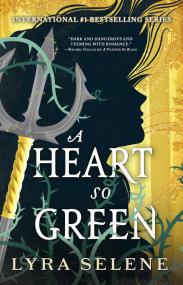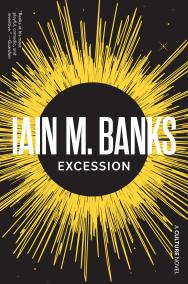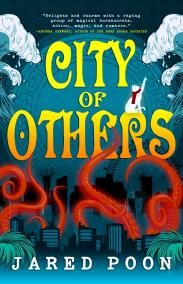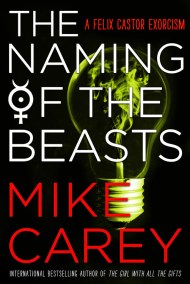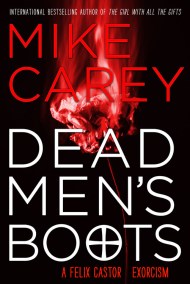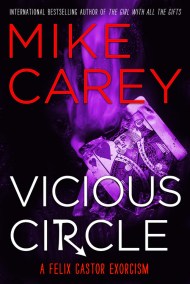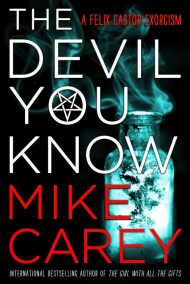By clicking “Accept,” you agree to the use of cookies and similar technologies on your device as set forth in our Cookie Policy and our Privacy Policy. Please note that certain cookies are essential for this website to function properly and do not require user consent to be deployed.
The Devil You Know
Contributors
By Mike Carey
Formats and Prices
- On Sale
- Jul 10, 2007
- Page Count
- 528 pages
- Publisher
- Orbit
- ISBN-13
- 9780446197175
Price
$7.99Price
$9.99 CADFormat
Format:
- ebook $7.99 $9.99 CAD
- Audiobook Download (Unabridged)
- Trade Paperback $24.99 $32.99 CAD
This item is a preorder. Your payment method will be charged immediately, and the product is expected to ship on or around July 10, 2007. This date is subject to change due to shipping delays beyond our control.
Buy from Other Retailers:
Felix Castor is a freelance exorcist, and London is his stomping ground. It may seem like a good ghostbuster can charge what he likes and enjoy a hell of a lifestyle, but there’s a risk: sooner or later he’s going to take on a spirit that’s too strong for him.
When Castor accepts a seemingly simple ghost-hunting case at a museum in the shadowy heart of London, what should have been a perfectly straightforward exorcism is rapidly turning into the Who Can Kill Castor First Show, with demons and ghosts all keen to claim the big prize.
But that’s business as usual: Castor knows how to deal with the dead. It’s the living who piss him off. . ..
Series:
-
"The Devil You Know is a spectacular novel, one of the best supernatural thrillers I've read in years."Douglas Preston, New York Times bestselling author
-
"Sleazy and down-at-heel and quintessentially London, Mike Carey's Felix Castor steps effortlessly into the growing field of supernatural noir and brings with him a blast of fresh, British air. Think Shoestring meets Constantine, with backing vocals from the shades of Leslie Charteris and Anais Nin. Carey's plotting is tight and laconic, and laced with shivery, understated horrors from both the human world and beyond. It grabs you from the first out-of-nowhere nasty surprise, and rarely lets go thereafter. You'll be up all night finishing this one."Richard Morgan
-
"Engrossing . . . perfect . . . an ingeniously multilayered tale."Publishers Weekly (starred review)
-
"An imaginative spin on the hard-boiled detective . . . mixes horror and humor in a way that spells good omens for future Castor novels."Entertainment Weekly
-
"Carey transcends his comic roots in this quirky, dark and imaginative tale that compels reader to keep turning pages long after they should have gotten to sleep."Kirkus (starred review)
Newsletter Signup
By clicking ‘Sign Up,’ I acknowledge that I have read and agree to Hachette Book Group’s Privacy Policy and Terms of Use
